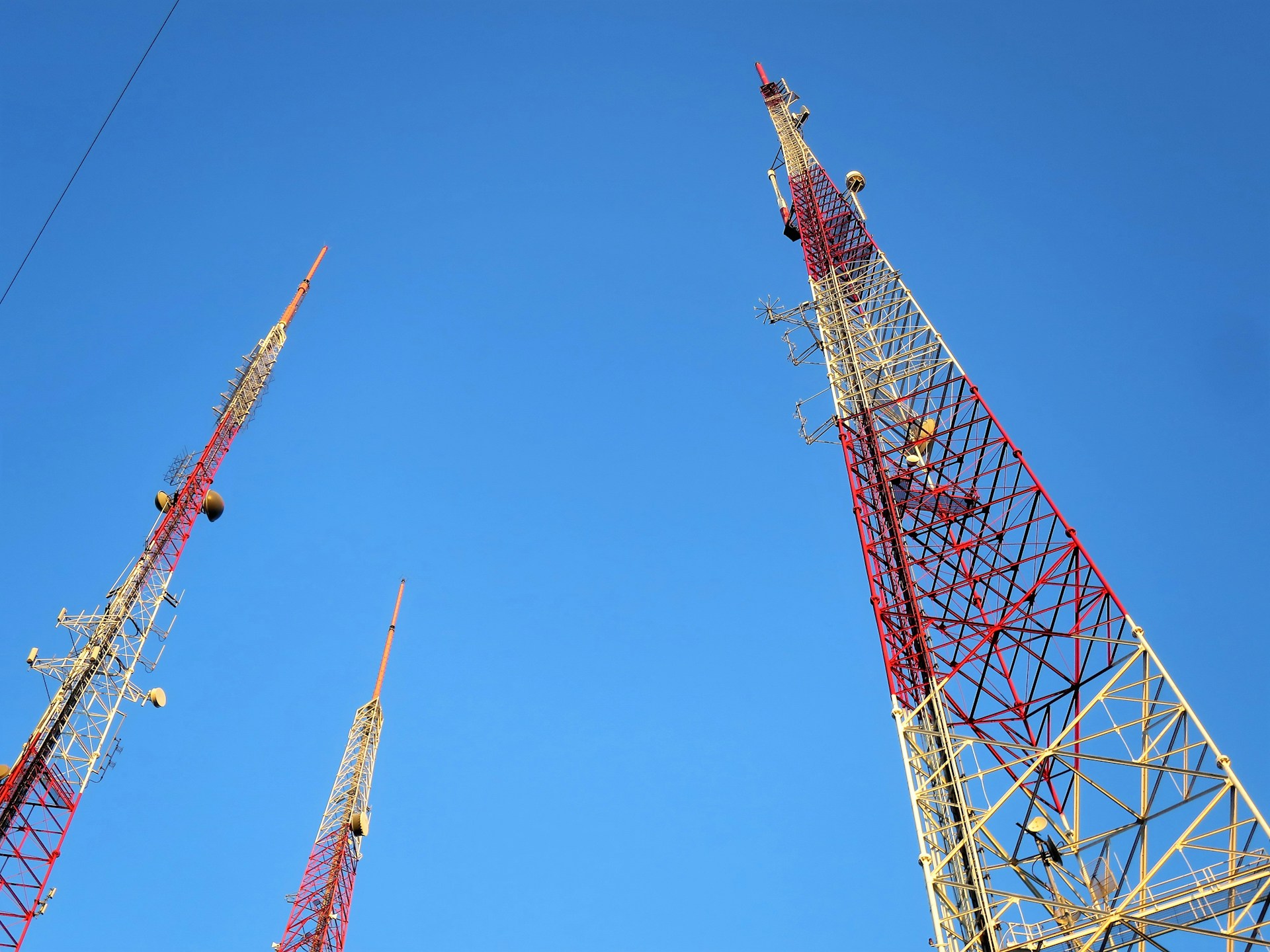
Sony Develops Handheld Console to Compete with Nintendo and Microsoft
Sony is working on a portable gaming console that can natively play PS5 games, aiming to rival Nintendo and Microsoft in the handheld market.
Jordan Vega

In a move to bolster its tax base, the Nigerian government has introduced a new bill that targets telecommunications companies with a 5% tax. The bill, aimed at strengthening non-oil revenues, could have significant implications for the industry, which has been struggling with rising costs and unsustainable pricing.
The proposed tax would apply to telecom services, including postpaid and prepaid services regulated by the Nigerian Communications Commission. Additionally, the bill sets requirements for currency transactions, applying excise duty to any disparity between the actual transaction rate and the current Central Bank of Nigeria exchange rate.
This development comes as the telecom sector in Nigeria faces serious threats, with MTN, a major player, recording a loss of 7.39 billion rand ($414.7 million) in the six months ended in June. Airtel, another top telecommunications company, spent a staggering ₦28 billion on buying diesel during the year.
The introduction of this tax bill raises concerns about the potential impact on the industry's growth and innovation, as well as the implications for consumers.

Sony is working on a portable gaming console that can natively play PS5 games, aiming to rival Nintendo and Microsoft in the handheld market.

Nigeria's banking sector sees a significant surge in stocks as major lenders secure over ₦1 trillion to meet new capital requirements, boosting investor confidence in the country's economy.

Seattle-based Temporal secures growth funding to develop AI-focused microservices, expanding its platform for integrations and updates across disparate services and apps in the cloud.
Copyright © 2024 Starfolk. All rights reserved.